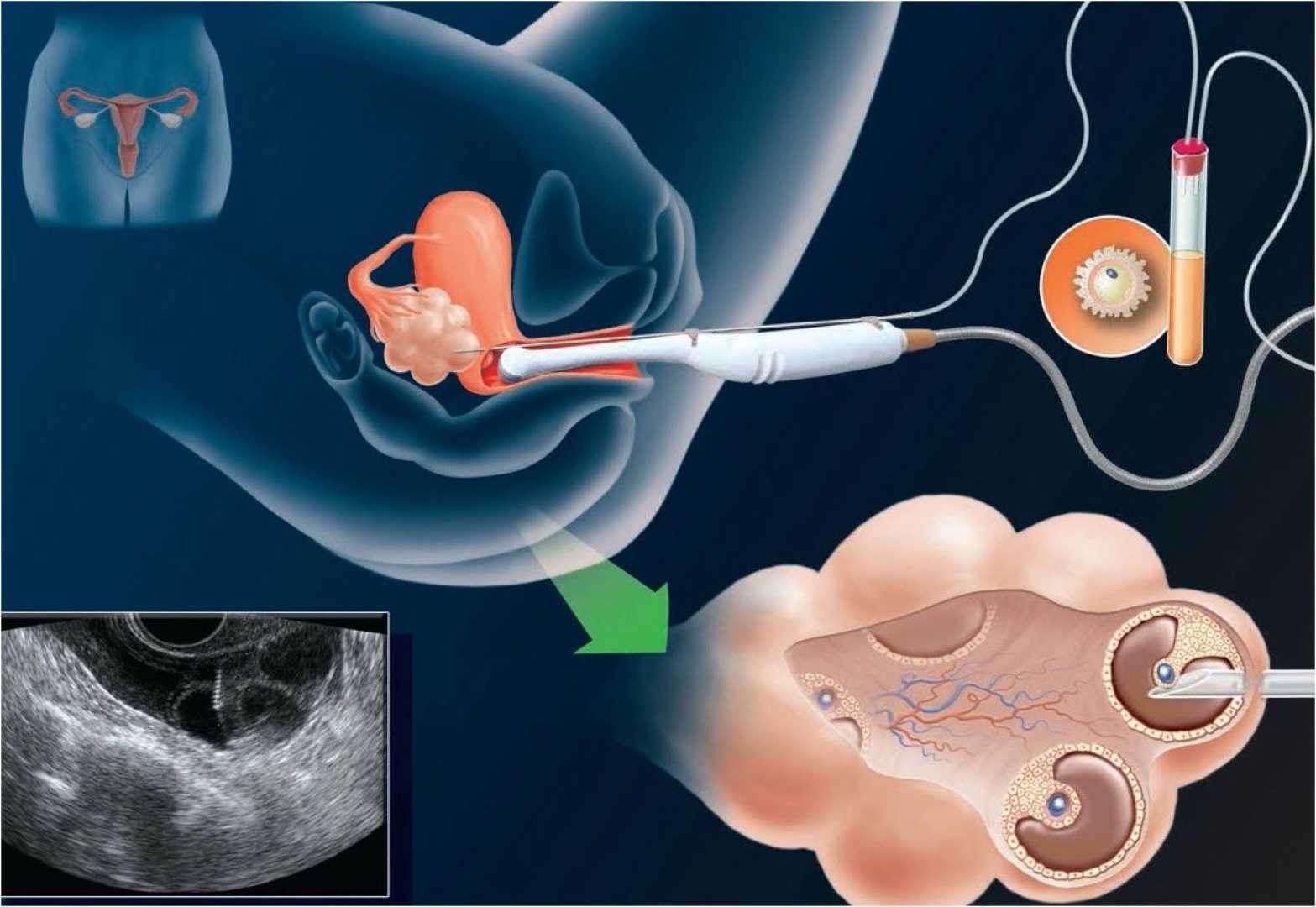Health
Egg Freezing Increase Reflects Shift in Women’s Fertility Choices

NEW YORK, USA — Fertility rates in the United States are nearing historic lows, partly due to a significant drop in the number of American women having babies in their 20s. However, advancements in medical technology are providing women with new options. Egg freezing has become a popular choice for many, allowing women to postpone motherhood and align it with their personal and professional goals.
On a rainy Tuesday morning, Kate Sonderegger arrived at a fertility clinic in Midtown Manhattan for an egg retrieval procedure. After nearly two weeks of hormone injections to stimulate her ovaries, the process culminated in a surgical session designed to harvest her eggs.
“Let’s get some eggs,” her doctor, Tomer Singer, said before directing her into the operating room. This part of the egg freezing process highlights the advancements in reproductive medicine since the practice became widely accepted for non-medical reasons about 12 years ago.
As embryologists worked to isolate Sonderegger’s egg cells under a microscope, they reflected upon the implications of egg freezing. “Egg freezing is as revolutionary as the pill in the 1960s and 70s,” Dr. Singer stated. He emphasized that women can now delay having children into their 40s without fear of losing the possibility of using their own eggs.
Women like Katherine Schneider, also freezing her eggs, expressed mixed emotions. “I am a little nervous but excited,” she said before her procedure. The opportunity to preserve their fertility gives many women peace of mind, while others share concerns about the potential risks.
Experts emphasize that while egg freezing offers women the chance to delay motherhood, it does not guarantee success. The age at which eggs are frozen remains crucial; higher success rates are noted when eggs are harvested in a woman’s 20s.
Statistical data from fertility clinics indicate a steep rise in egg freezing. Procedures have surged from 6,000 in 2014 to over 39,000 in 2023, driven by a growing recognition of women’s autonomy over their reproductive health. However, the practice is not without controversy. Critics, such as bioethics expert Vardit Ravitsky, warn that women may mistakenly assume that freezing eggs guarantees future pregnancies.
Cost remains a significant barrier. A single egg freezing cycle can range from $12,000 to $15,000, with subsequent storage fees adding up. Corporations have started to cover these expenses for their employees, but the decision to freeze eggs often brings about broader societal implications regarding women’s reproductive choices.
Women who freeze their eggs, like Tina Rampino, share personal narratives of their reproductive journeys. Rampino chose to freeze her eggs as a “backup plan” after her physician urged her to act quickly before it was too late. Her story underscores the growing urgency around discussions about women’s reproductive choices.
As the egg freezing market continues to expand, women are encouraged to consider the financial implications and their personal readiness. Nevertheless, many view the technological advancement as an opportunity to gain control over their reproductive futures.
Ultimately, as the conversation around fertility continues to evolve, experts agree that education is vital. The notion that egg freezing is a catch-all solution should be communicated alongside its realities, risks, and ethical considerations.












